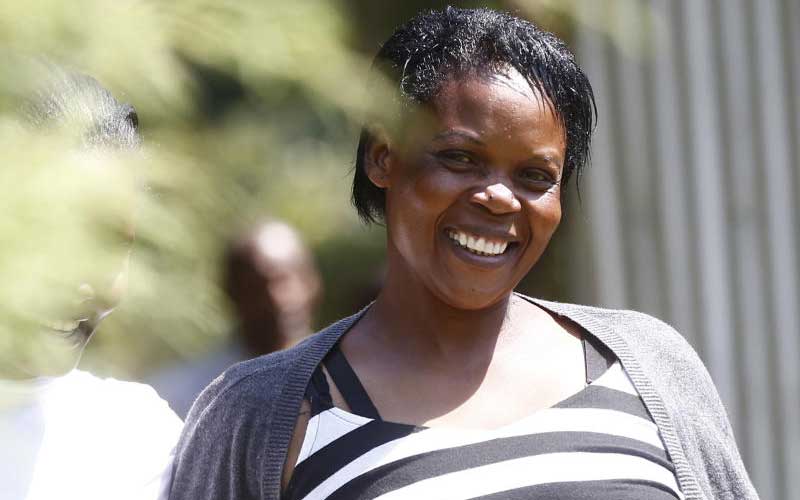×
The Standard e-Paper
Fearless, Trusted News

In prison for her daughter’s murder she says she did not commit, Susan Mutongori dreamt of all the things she could do if she was free; have fun with her age-mates and spend time with her five other children.
The bizarre killing of her last born daughter, who was only 17 months old, led to her arrest, conviction and eventual death sentence on November 9, 2006. Her appeal was dismissed.